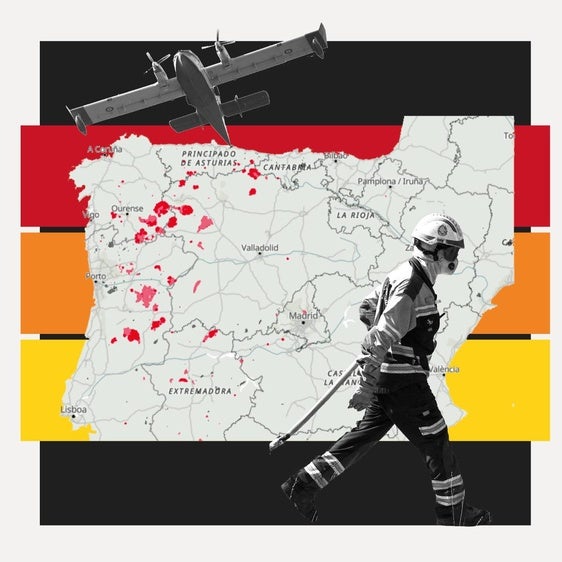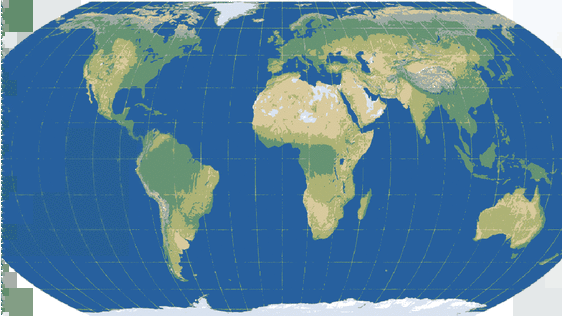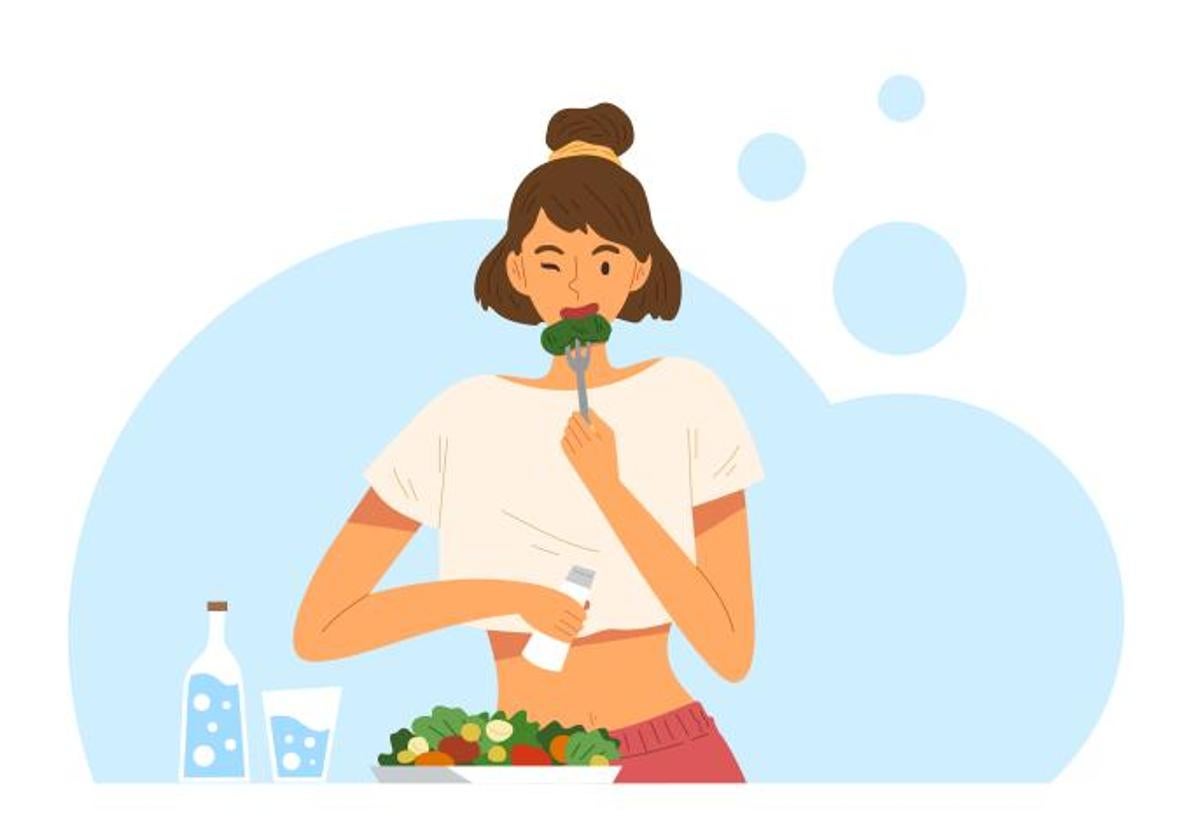How much water should we drink at mealtimes?
There is an exact amount that will help you enjoy your food more while also aiding digestion; and then this is what's needed during the remainder of the day
Julia Fernández
Madrid
Friday, 25 July 2025, 11:10
Do you know how much water is consumed by households in Spain on a daily basis? No less than 128 litres per family member every day, according to Spain's INE national statistics institute. That's an outrageous quantity of the clear stuff. Yet very little of this liquid is consumed by our drinking it. Most of it is used for washing up pots and pans, cleaning, watering plants and more. A significant proportion is also wasted via leaks, of which we are blissfully unaware. So, we actually put very little into our bodies. Moreover, only 20% of the population of Spain drink the average daily amount recommended by the medical experts to stay hydrated: over two litres.
It's a daily struggle, even more so at this time of year when the heat is on. All the health professionals agree on how important it is to maintain our fluid intake. Even we, the public, know this to be true, if only because of how frequently we are told so. However, making up the total amount consumed by the end of the day is not enough. The specialists say that the ideal is to consume these two litres of water throughout the day, taking small, but frequent mouthfuls, and not to wait until we feel thirsty. Unfortunately, we tend to forget and then, when we remember, we want to gulp it all down in one go.
One of the most common patterns of behaviour is to use mealtimes, especially lunch and dinner, to try reaching that magic number. That means we drink a lot of water while eating. Does that mean we are doing it right? Every now and then, there's a story that goes around saying No, drinking at mealtimes is a bad thing. Is there any truth to that, or is it just a myth?
"Many people and many patients have doubts about this," admits Gonzalo Guerra, medical director and founder of the Centro Médico-Quirúrgico de Enfermedades Digestivas in Madrid. However, not everyone dares to ask their doctor that particular question. The reason? Fear of looking ridiculous for asking, but it's not a silly question. "We recommend drinking a small amount of water with meals, but never too much," he says.
- So, how much is a small amount?
- We usually say around 25 to 30cc of water, which is equivalent to half a 500ml bottle of mineral water or a normal-sized glass of water.
This amount of water will also help us "to digest the food, to dissolve it and make the gastric juices work a little better". Furthermore, it will also help us to not get a lump in our throats, like when we were kids: "It hydrates and facilitates digestion," says Guerra.
If we come to the table with some catching-up to do on water consumption because we haven't been drinking throughout the day, it is best not to try to cover our tracks by consuming too much in one go. Nothing serious will happen if we try that, but we will probably end up feeling unwell and eating even worse.
"What happens when we drink more water than necessary in these situations is that we increase volume in the stomach, so the feeling of fullness will be much greater and will prevent us from eating properly."
To put it simply: if we fill up on water, we are then barely able to eat. This trick is used by dieters who want to lose weight, but it yields little real benefit. Chances are we will feel hungry again soon after and then the food choices we make will be poorer than that steak or that bowl of lentil soup that we had in front of us earlier on, but which we couldn't finish.
When not to
Another consequence of overeating is that we have more gas, which some people identify with poor digestion, but no, water is not indigestible. So, while it is true that gastric juices are diluted by the water, which is the argument many people use to say water is bad at mealtimes, the body is pretty smart. Therefore, if it needs to generate more gas to process what you have eaten, it will do so.
However, there are people who are advised to not drink water when ingesting something. "These are very specific pathologies," says Guerra. For example, "patients with renal insufficiency who are on haemodialysis: they are on very limited amounts of liquids for obvious reasons."
Another example is those people "with gastric disorders such as gastritis, duodenitis or with a lot of acid reflux". For these patients, "it is advisable to restrict those 30cc of water with meals even more, as we are not interested in the added volume at mealtimes".
Beyond these mealtime restrictions, however, the recommendation to drink water is the same as in all other cases.




Comentar es una ventaja exclusiva para registrados
¿Ya eres registrado?
Inicia sesiónNecesitas ser suscriptor para poder responder.
Necesitas ser suscriptor para poder votar.